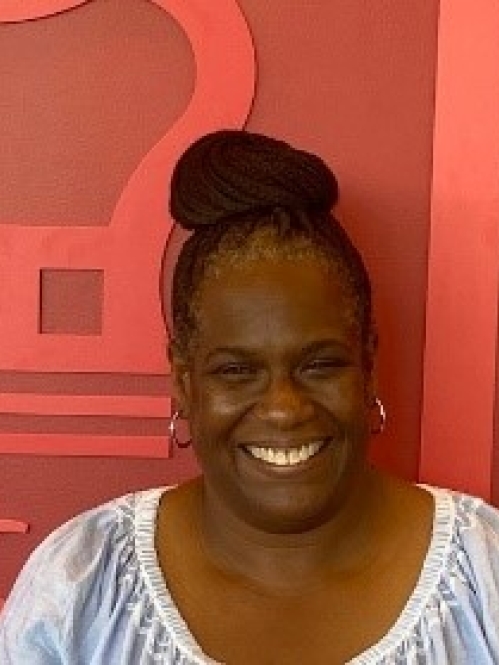Michelle Dodge

Bio
Michelle Brown Dodge, is a Licensed Clinical Social Worker in Maryland, Virginia, and Washington, D.C. She earned her Bachelor of Arts from Wellesley College and dual degrees, in law and social work, from The Catholic University of America. Michelle is a Registered Play Therapy Supervisor and owner of JMD Counseling which specializes in the use of play to treat children and families affected by trauma, abuse, and domestic violence. Prior to entering private practice, Michelle was employed for 15 years as a Senior Program Specialist with the Office on Violence Against Women (OVW) at the United States Department of Justice. While at OVW, she developed and implemented the first grant program dedicated to the issues of supervised visitation and safe exchange for families of domestic violence and sexual assault. Michelle has also worked for the United States Attorney’s Office for the District of Columbia, the District of Columbia Department of Health and Human Services, and as an adjunct professor and guest lecturer with the National Catholic School of Social Service at the Catholic University of America.
Multimedia Project Summary
Intimate partner violence (IPV), the use of coercive control by a current or former intimate partner over another, affects millions of families each year. 41% of women and 21% of men have experienced abuse related to IPV during their lifetime. Although, individuals experiencing violence are often encouraged to flee; research shows that 90% of abusive partners continue their victimization after the relationship has ended (Spearman et al., 2023). Post separation violence and abuse (PSA&V) is described as an ongoing willful pattern of intimidation, and violence against a former intimate partner. Many survivors of IPV are confronted with threats, intimidation, stalking, and physical violence abuse when separating from an abusive relationship. Despite their best efforts to protect themselves and their children, they continue to experience financial, legal, and societal challenges after they leave.
